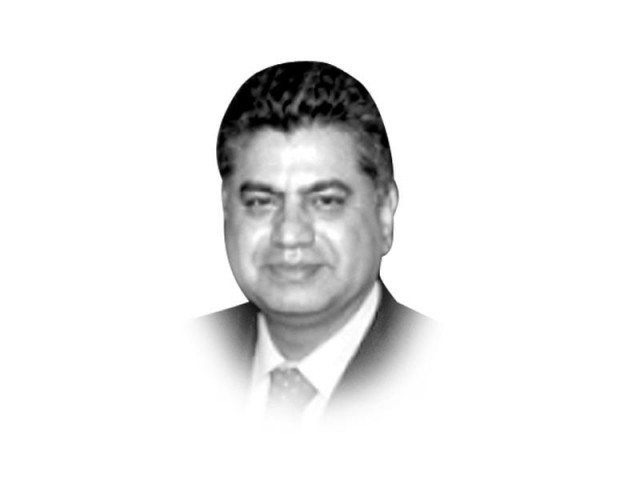Of obfuscating the narrative and the role of the state
Elected government must use this opportunity to resurrect civilian side of state, structure it, lead detoxification

The writer is an Islamabad-based senior journalist and former director general of the Pakistan Broadcasting Corporation. He tweets @murtazasolangi

No matter what the maulanas spin, the 60,000 civilians and soldiers killed by the savages in the name of religion says it all.
The deep state used these elements both for domestic and foreign agendas. Strategic depth ended up as the strategic death for the very future of Pakistan. The Maulana Brigade after strengthening its position effectively became a force to be reckoned with. Even mainstream political parties recognised these religious forces as fait accompli and negotiated their electoral victory with them. Most parties sinned on this score.
But now the decades-long nurturing of the factories of hate has reached its logical conclusion. The beast ‘we’ created has matured to bite us and those with the major stake have awakened from their long slumber.
The main question today is not if the security establishment has finally realised the disastrous repercussions of outsourcing violence but if the civilian political leadership and the intelligentsia do. Do our elected governments and the parties supporting the Eureka moment of counter-terror have any plans to succeed, is the question we should be asking.
Does our elected government realise that we have to address the drivers and triggers of terror in the length and breadth of Pakistan? The violence in Balochistan and urban centres of Sindh is fundamentally different from faith-based terror. Terror is not a nail and military courts are not the only hammer to hit it hard with. Without understanding what generates different strands of terror, we can’t defeat it.
So let me ask. What has our government done to address the issues of the Baloch spread over decades? The Baloch want due share in socio-economic uplift. With almost two years in office, what initiatives have been taken to give the bleeding wounds of Balochistan a healing touch?
The problems in Sindh between two major communities, too, are very old. What efforts, policy or brainstorming has taken place to address the simmering problems in Sindh?
This government can’t take refuge in the fact that they have been fire-fighting in survival mode all this time. Survival is not a noble end in itself. The Nawaz government should learn from the previous government in this regard.
Once Rawalpindi and Islamabad both are on the same page about the disastrous consequences of the mixing of religion and politics, the civilian government should take a lead. The syllabus, the education system, the police reforms and making Nacta effective are some pointers in this regard. The Nawaz government needs to minimise political confrontation and focus on institutional reforms, local governments, police reforms and address different sources of conflict as a one size fits all strategy will not work.
The maulanas will do what they have always done. The elected government must use this opportunity to resurrect the civilian side of the state and restructure it and lead a detoxification of the state and society. Everybody needs to play their part because the mess we are in today was neither created in a day and nor will be cleared overnight.
Published in The Express Tribune, January 14th, 2015.
Like Opinion & Editorial on Facebook, follow @ETOpEd on Twitter to receive all updates on all our daily pieces.
















COMMENTS
Comments are moderated and generally will be posted if they are on-topic and not abusive.
For more information, please see our Comments FAQ